BRICS summit results in Iranian membership
South Africa has hosted a summit of BRICS nations. The group includes Brazil, Russia, India, China and South Africa.
High on the agenda is the issue of reducing reliance on the US dollar in international trade and business transactions.
The leaders of the BRICS nations have discussed ways to eliminate the dependence on the US dollar.
The bloc has taken several steps towards reducing the share of the greenback in mutual settlements by boosting payments in member state currencies.
During his online address to the Johannesburg summit the Russian President, Vladimir Putin, said that the US dollar is losing its global role in an objective and irreversible process.
The irreversible objective process of de-dollarization of our economic ties is gaining momentum and efforts are being made to develop effective mechanisms for mutual settlements and monetary control.
As a result, the share of the dollar in export/import transactions within the BRICS is declining; last year it amounted to only 28.7%.
Vladimir Putin, Russian President
He also noted that members of the group of major emerging economies are seeking to reduce their reliance on the greenback in mutual transactions.
The Brazilian president, Lula Da Silva, also addressed the Business Forum. He voiced support for economic cooperation amongst the bloc members, including the plan to develop a common trading currency.
The creation of a currency for trade and investment transactions between BRICS members increases our payment options and reduces our vulnerabilities.
President Luiz Inácio Lula da Silva of Brazil
Over the past ten years, mutual investment between the BRICS member states has increased six fold and their combined investment in the global economy has doubled.
Consequently, the five BRICS nations now have a combined gross domestic product (GDP) larger than that of the G7 in Purchasing Power Parity terms.
In normal terms, the BRICS bloc countries are responsible for 26% of the global GDP. Despite this, they get only 15% of the voting power at the International Monetary Fund or the IMF.
Central to the BRICS groupings attraction for members, and prospective members, is its rising economic heft.
The current members of the bloc have proposed creating a common currency for intra member trade since they are concerned about the dominance of the US dollar in global trade.
There are growing concerns in the global south that the US could weaponize the dollar through sanctions the way it has against other countries such as Russia and Iran.
The New Development Bank was founded in 2015 with headquarters in Shanghai to give the BRICS members more control of development financing, ...
The New Development Bank, of course, is also a very useful tool for shared experiences.
Sometimes the solution that's being implemented successfully in Brazil can also be implemented in South Africa.
And now, in the case of the New Development Bank, even beyond what happens at the BRICS level, we have as you know, embarked on a process of Membership expansion.
Marcos Troyjo, Brazilian Economist
... , and offer an alternative to the US led institutions like the IMF and the World Bank set up in the aftermath of World War Two.
Globally, the US dollar accounts for 60% of all central bank foreign exchange reserves, however, it is widely expected that its dominance will decline in the coming years as countries seek alternatives to the greenback.
Dozens of nations are now seeking to join the BRICS bloc. They include countries like Saudi Arabia, Bangladesh, Argentina, and Iran. Tehran applied for membership last year.
We need to use the brakes plus cooperation well and accelerate the expansion process. Lead more countries join the brakes, family pool wisdom and gather strength to make global governance more fair and reasonable.
Xi Jinping, Chinese President
South Africa and China have similar views with regard to the expansion of BRICS membership and we look forward to the discussions that we are going to have with other BRICs leaders.
Cyril Ramaphosa, South African President
BRICS is a consensus based organization; all five members must agree on the principle of expansion and criteria for new members.
I think that any admission of new members would be, in my view, to aim to improve and enhance multilateralism rather than cause these binary economies.
It's in nobody's best interest to have these binary economies.
Stavros Nicolaou, South Africa Chapter of BRICS Business Council
The significance of Iran's membership in BRICS is highlighted by the fact that it possesses a uniquely strategic geographic location, huge energy reserves, young and expert manpower, modern science and technology as major advantages that the grouping can benefit from.
Iran with a population of around 85 million and a burgeoning economy is one of the largest and most eligible BRICS candidates.
VIDEO | Gaza’s Ramadan: 1.7mn displaced struggle between hope and pain of war
Israel’s West Bank land seizures signal 'alternative homeland' threat: Ex Jordanian official
Tarique Rahman sworn in as Bangladesh’s new prime minister
UAE removes online references to Hind al-Owais after Epstein email revelations
Iran in no way seeking nuclear weapons: Pezeshkian
Oman: Iran-US indirect talks in Geneva achieve tangible progress
VIDEO | Press TV's news headlines
VIDEO | Israeli forces loot Palestinian homes across West Bank


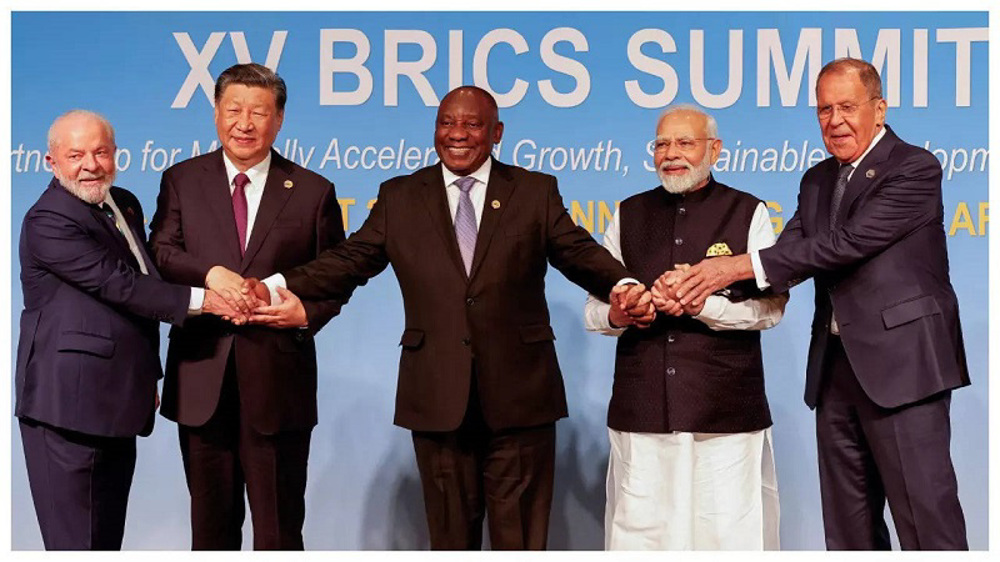
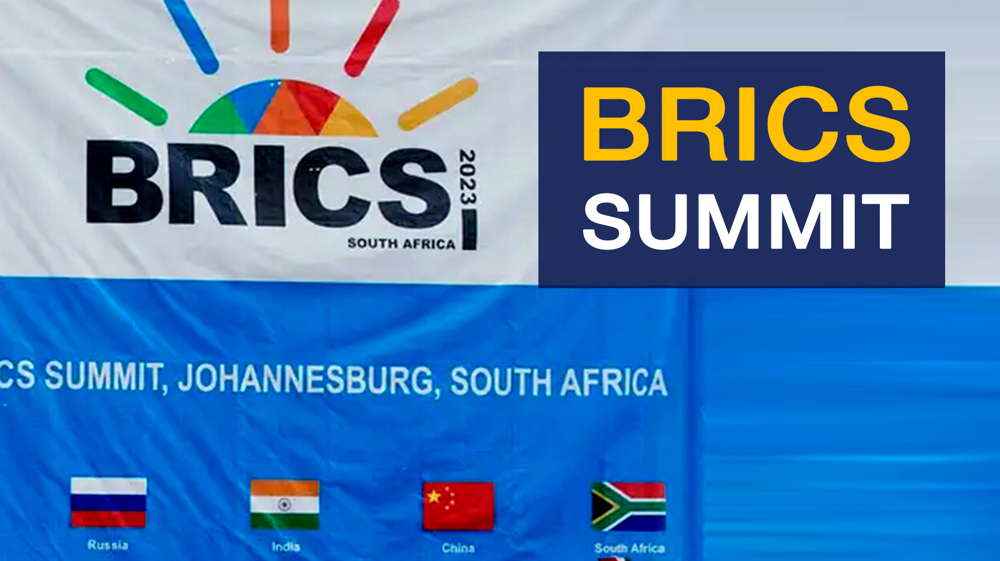
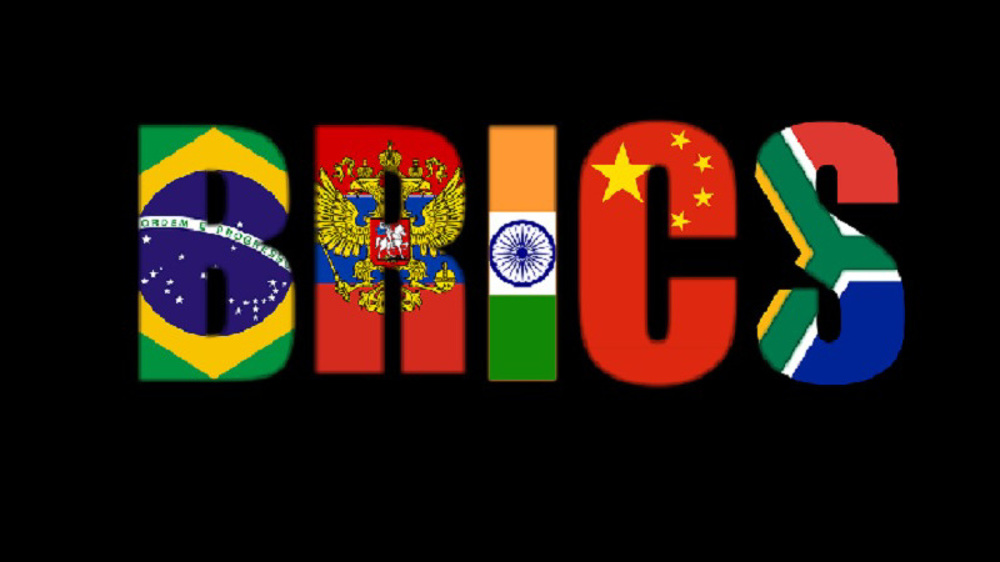
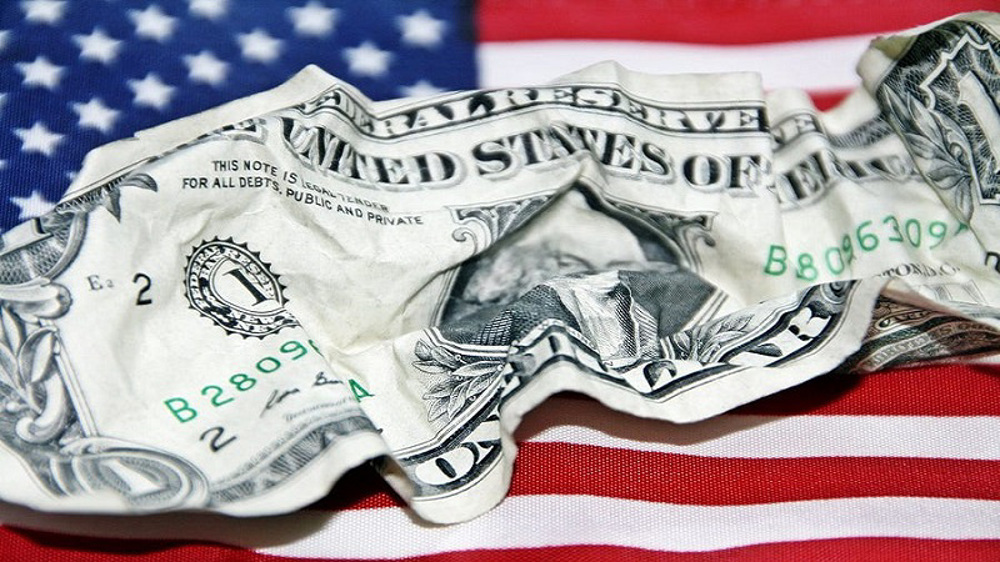
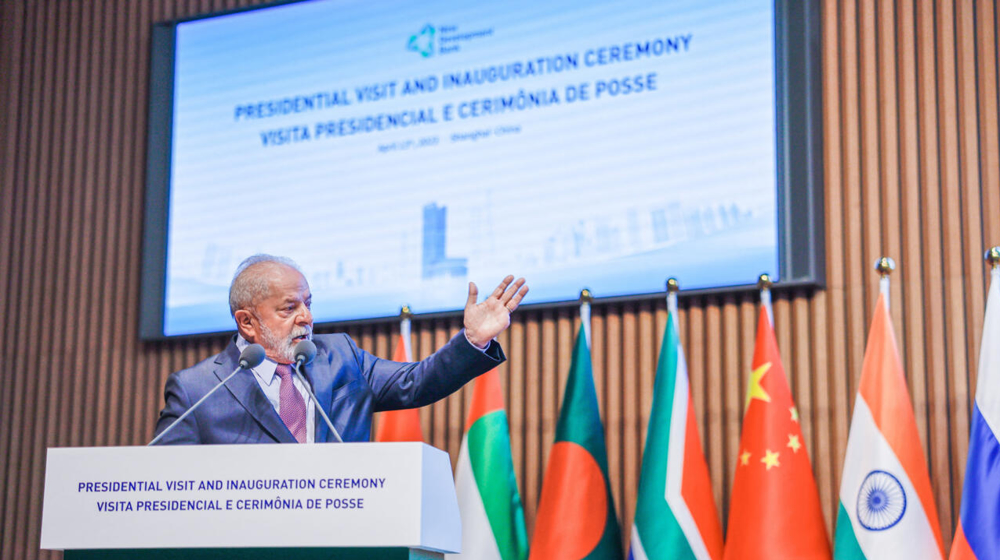
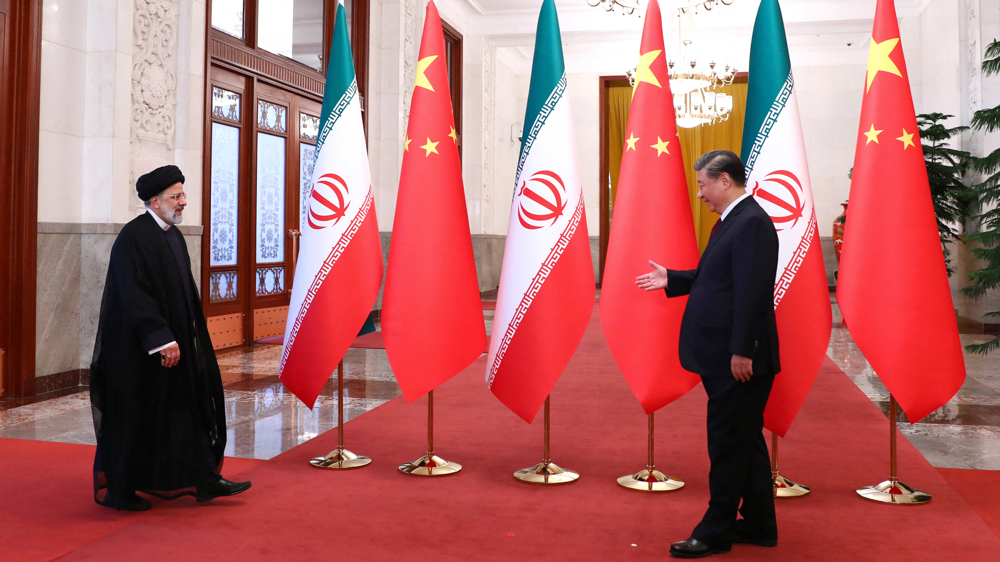
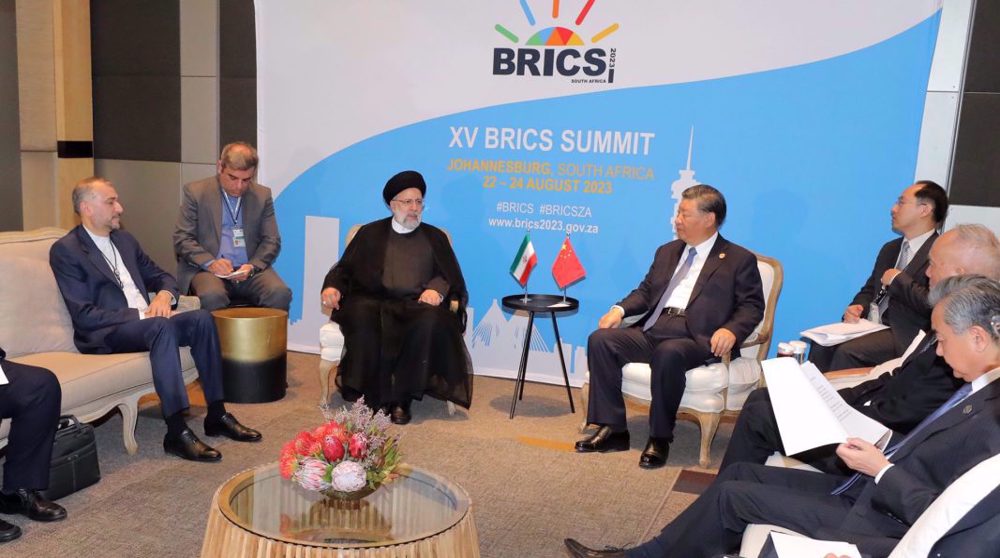
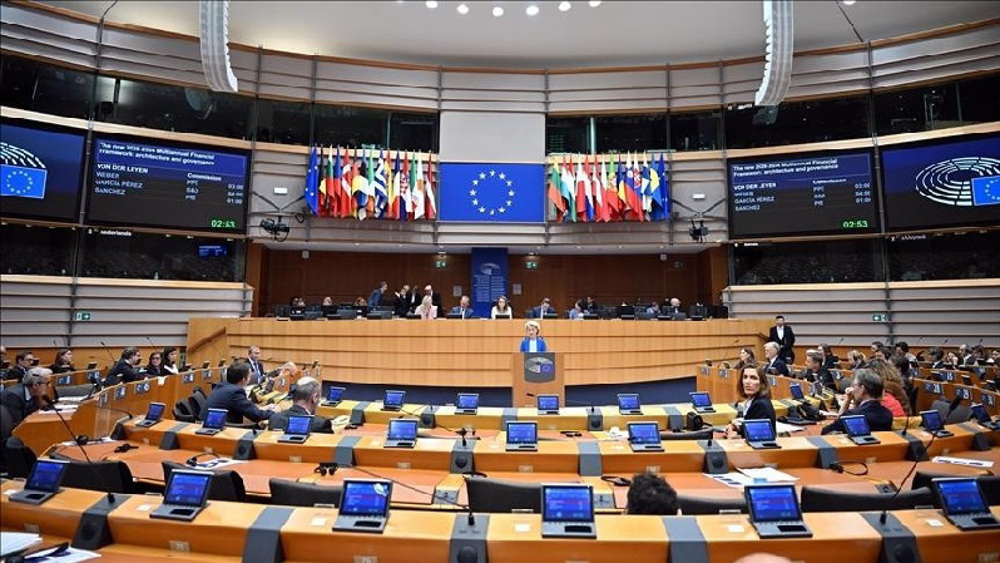

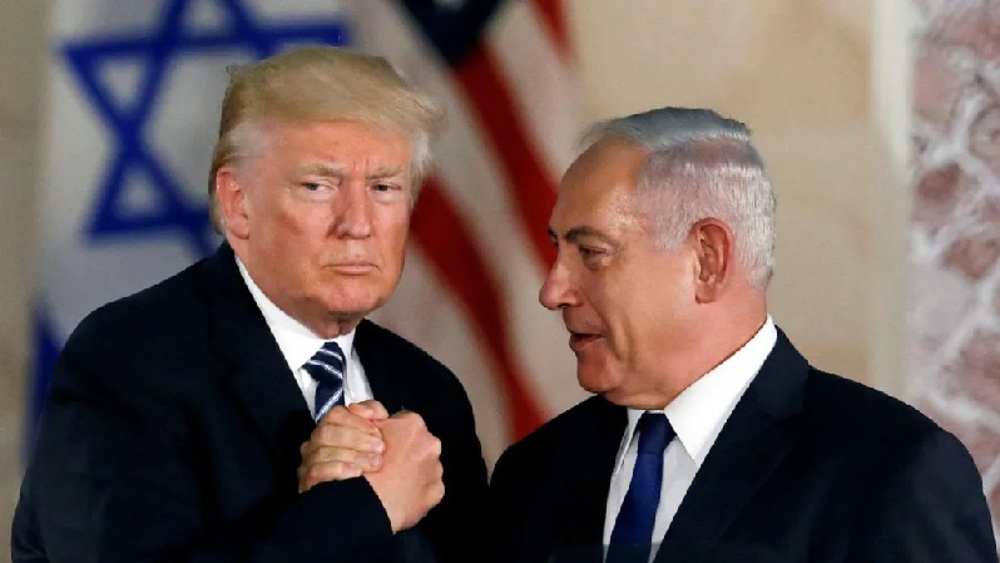



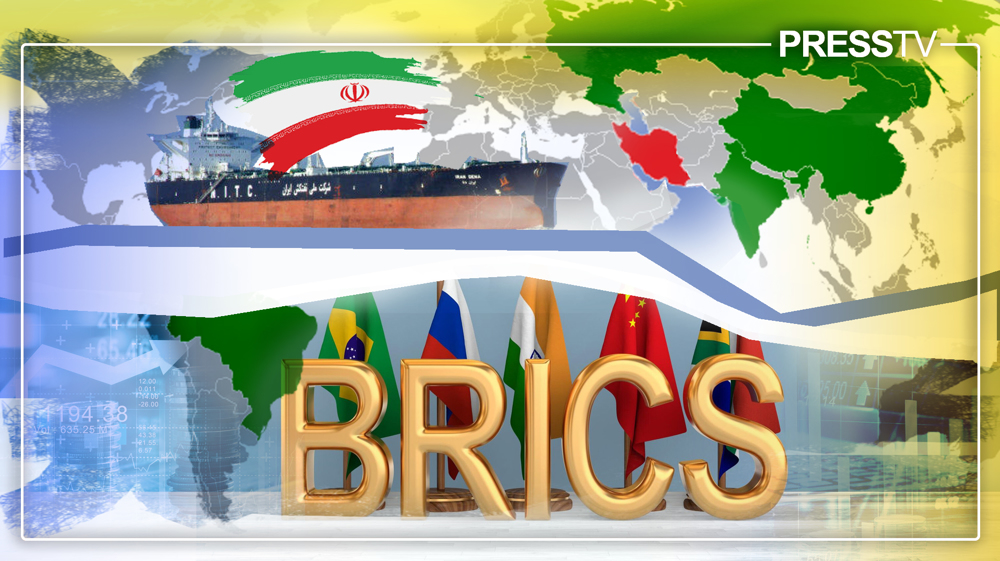
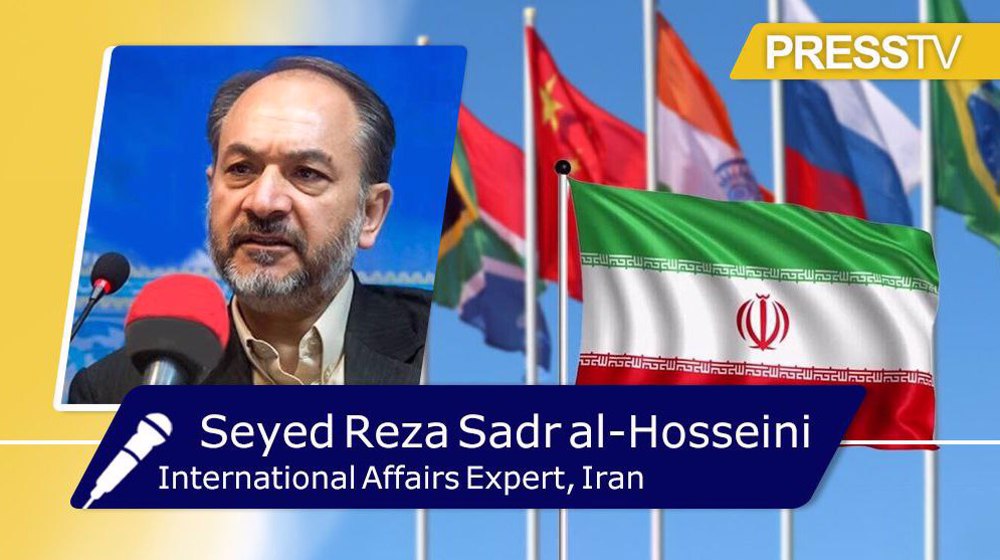
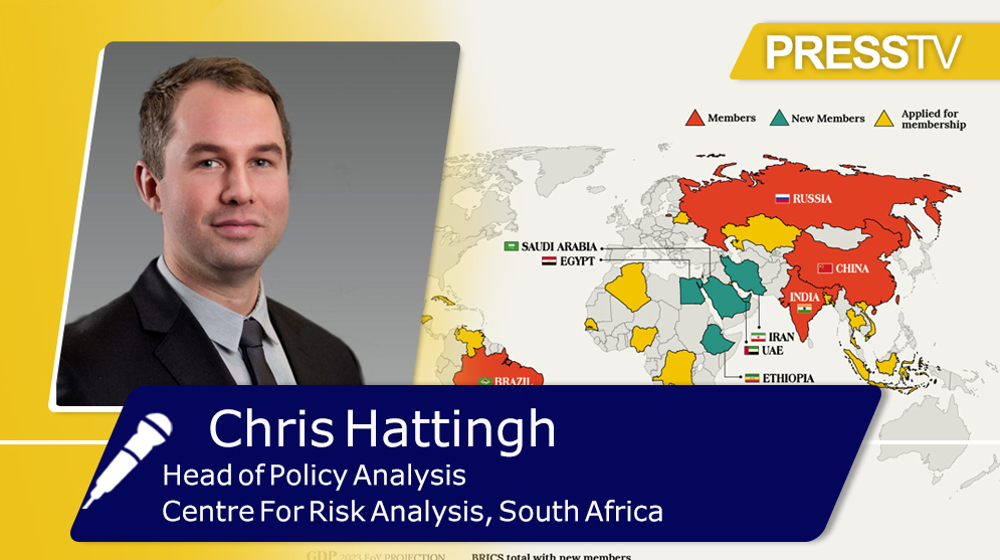
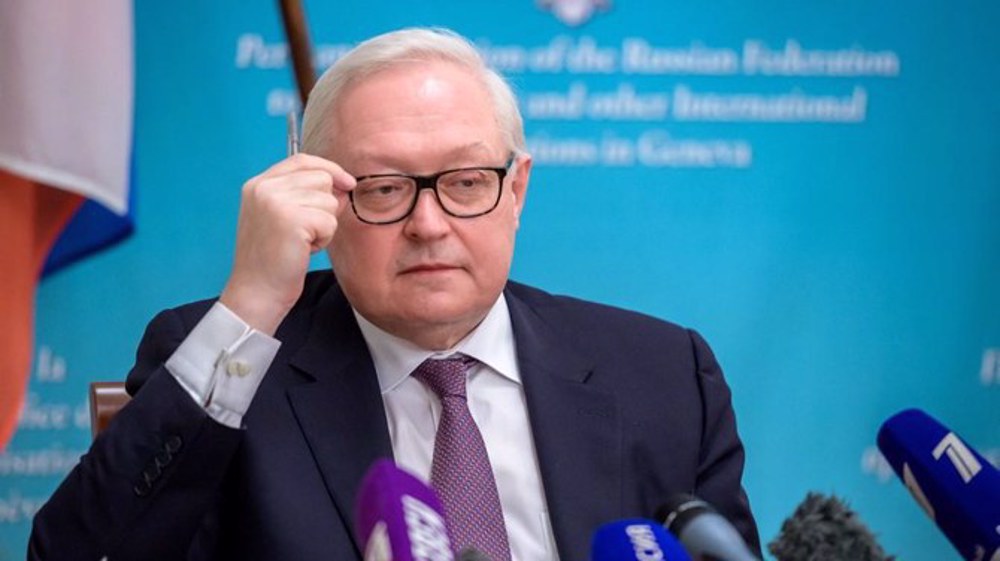
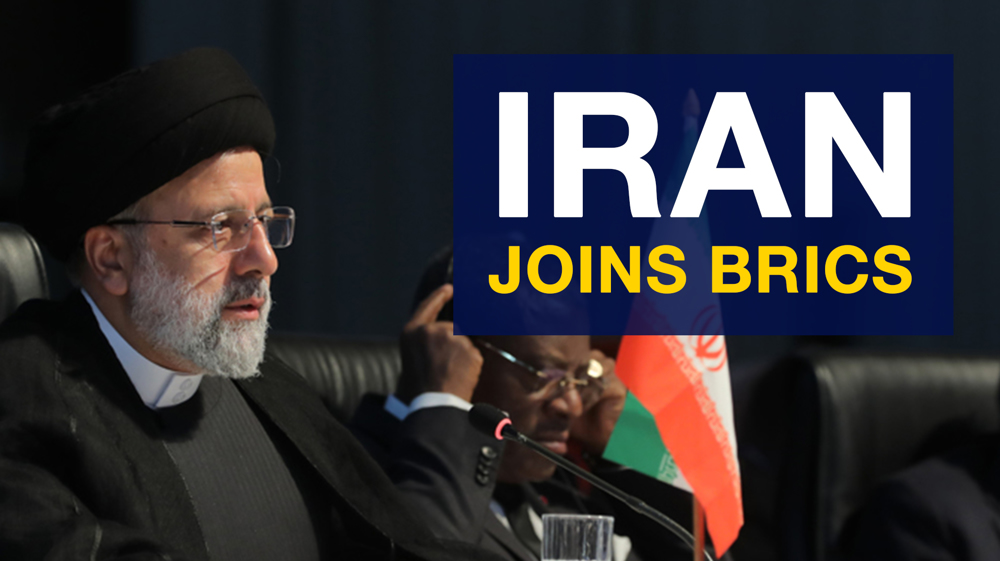
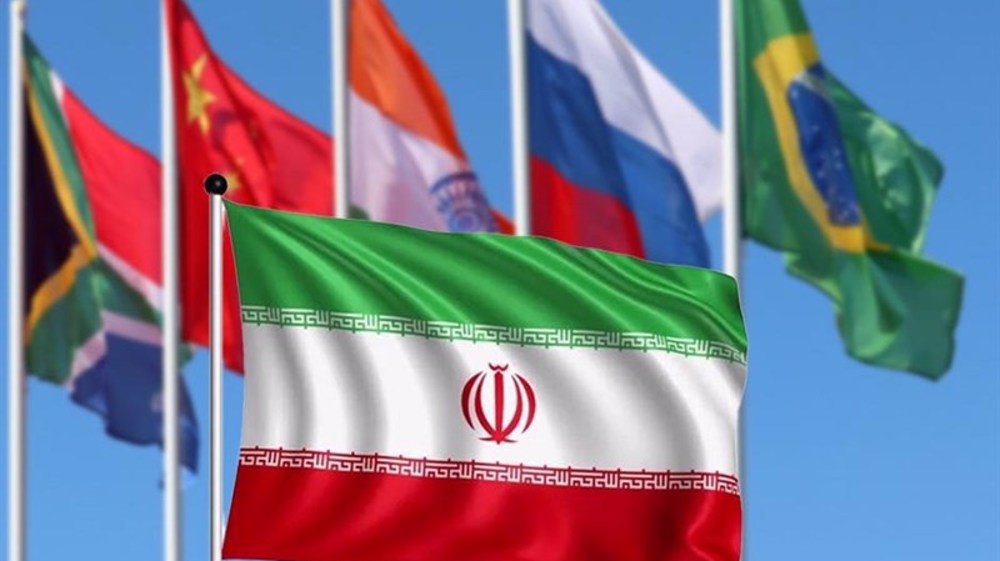
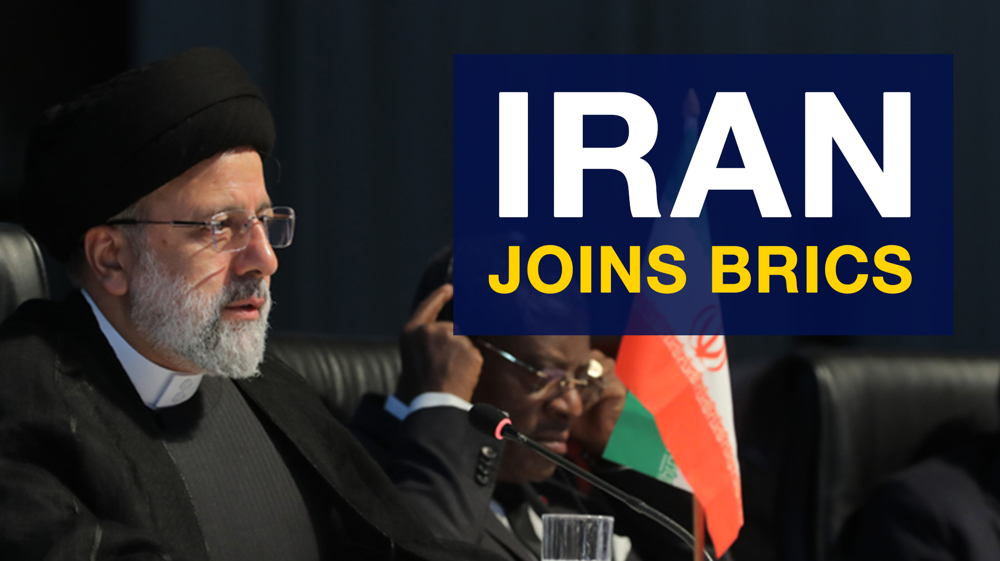
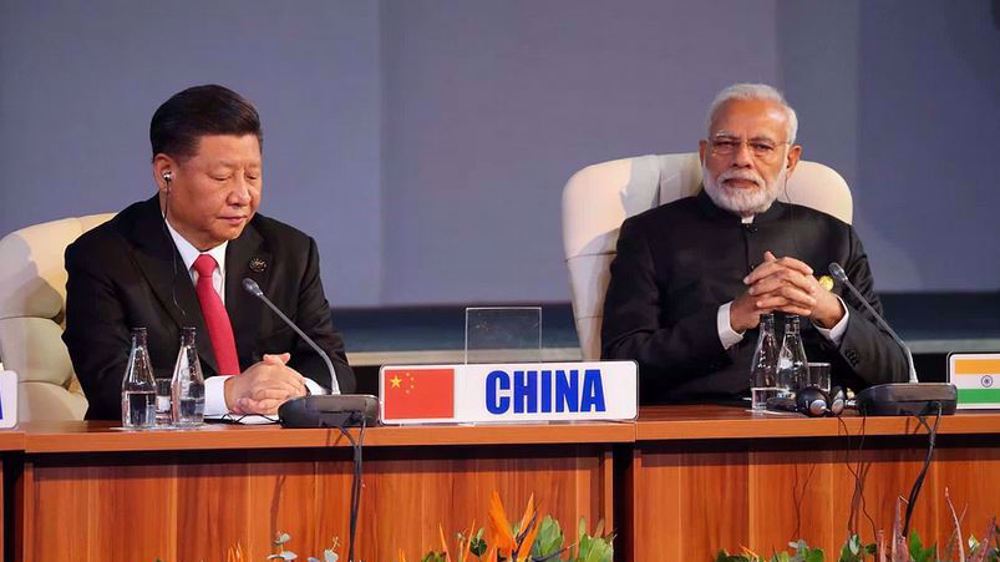
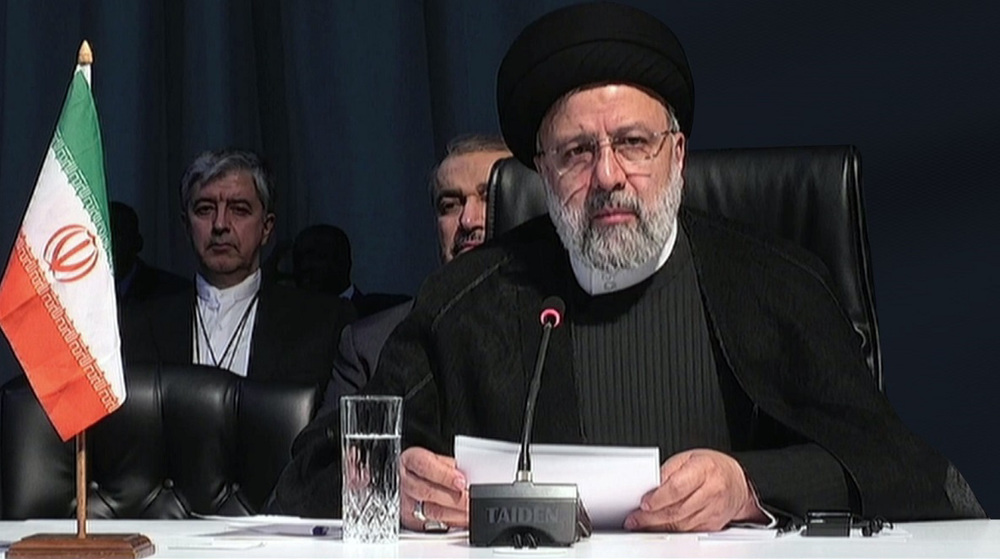
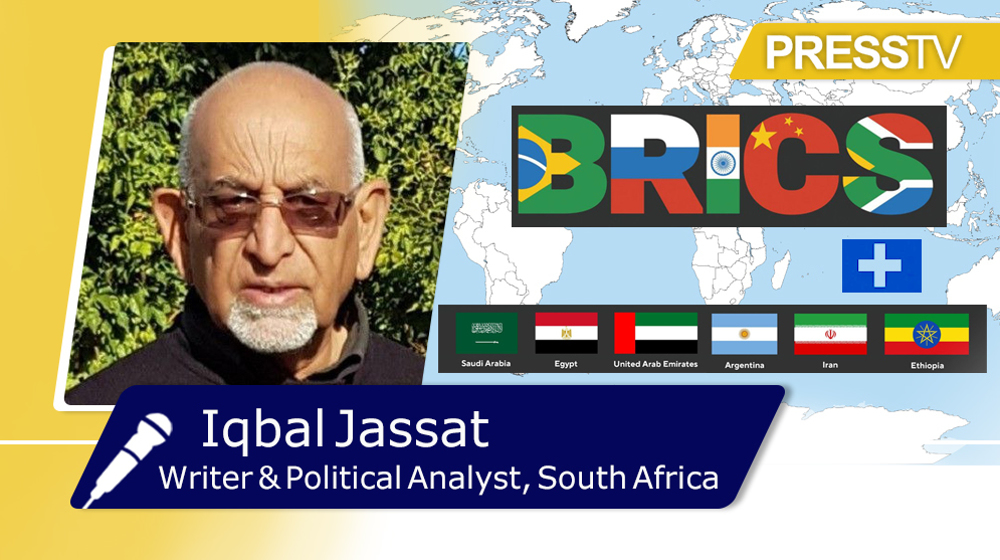

 This makes it easy to access the Press TV website
This makes it easy to access the Press TV website